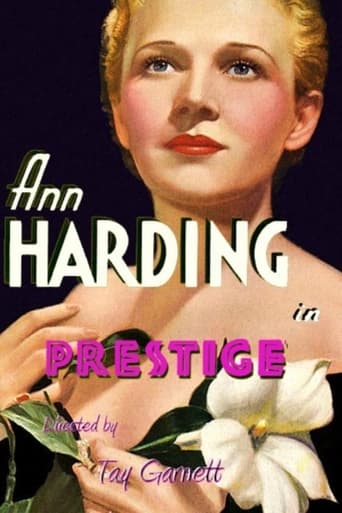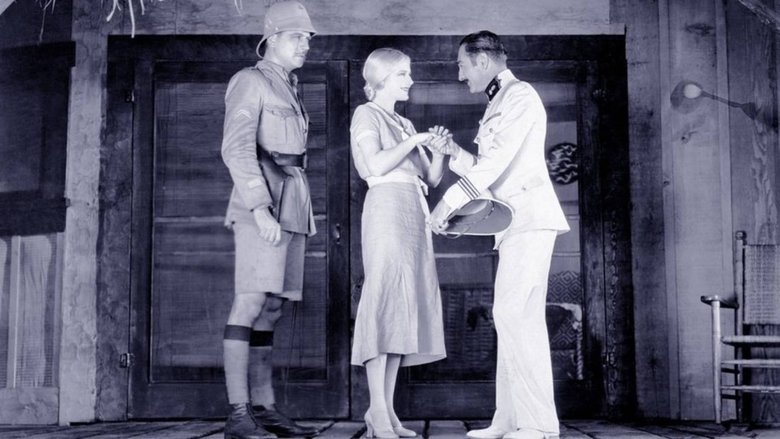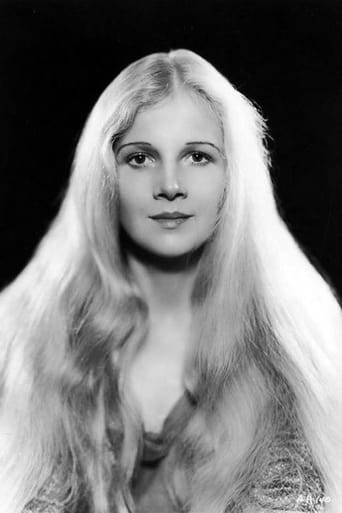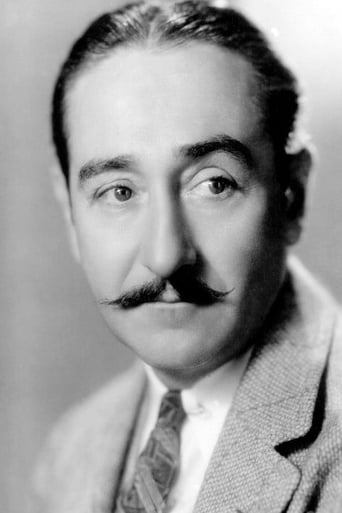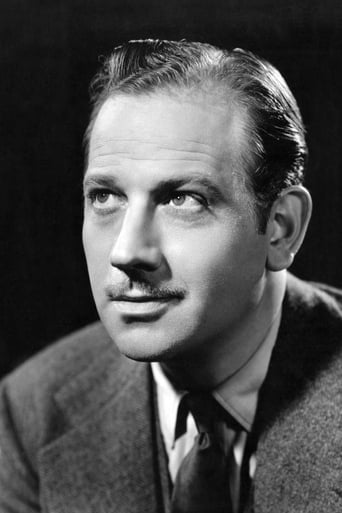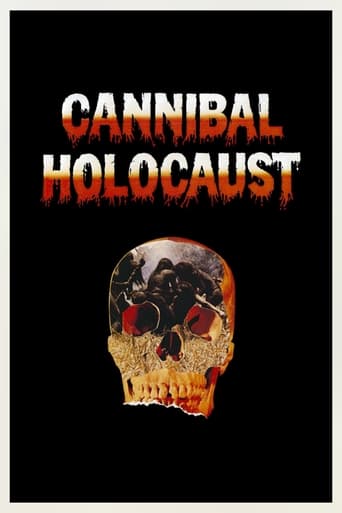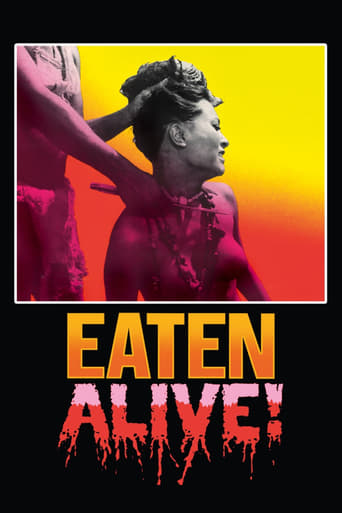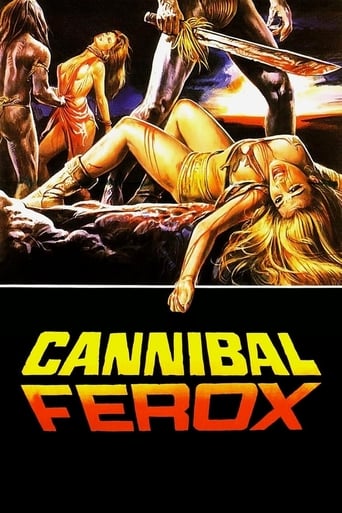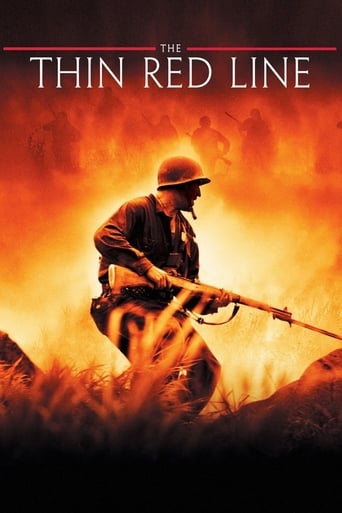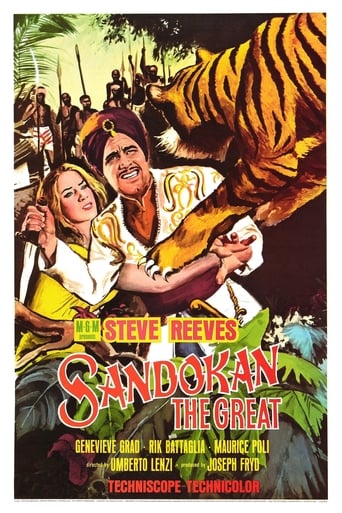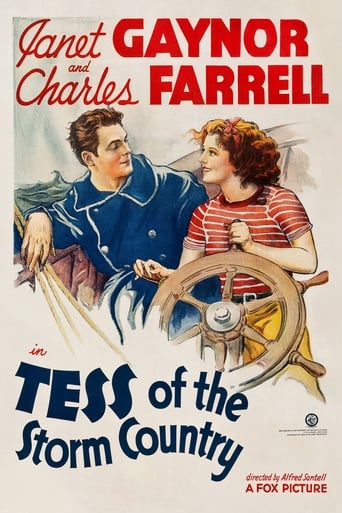Prestige (1931)
A woman joins her fiance at a Malaysian prison camp only to discover he's become an alcoholic.
Watch Trailer
Free Trial Channels
Cast


Similar titles
Reviews
SERIOUSLY. This is what the crap Hollywood still puts out?
everything you have heard about this movie is true.
The film was still a fun one that will make you laugh and have you leaving the theater feeling like you just stole something valuable and got away with it.
This movie tries so hard to be funny, yet it falls flat every time. Just another example of recycled ideas repackaged with women in an attempt to appeal to a certain audience.
I think what one reviewer said is true - people in North America in those days had not a clue what Vietnamese looked like, as many in the penal colony shown in "Prestige" are black. This film has to do with colonialism, and the power or prestige, if you will, of the white man. It was filmed in Florida; somehow Hollywood often made you believe their sets or U.S. locations were Europe or the Tropics or the jungle.Prestige is not in great shape and some of it was difficult to understand. Melvyn Douglas is a French officer in the army, assigned to oversee a penal colony in Indochina.Capt. Andre Verlaine (Douglas) is engaged to marry the lovely Therese Du Flos (Ann Harding), but when he finds out where he's going, the marriage is put off. She has another man interested -- Remy (Adolphe Menjou). After a while, though, Therese talks her father (Ian McLaren), a Colonel, into letting her join Andre.Unfortunately for her, Andre is a bit like Jack Nicholson in The Shining. He gets where he's going and turns into a whack job almost immediately. When Therese arrives, he's passed out on the floor from booze. He's been driven crazy by the heat, the bugs, the humidity, and the isolation.He and Therese marry and he makes an attempt at straightening himself out, and Therese tries to adapt to the country. Meanwhile, Andre is trying to get a transfer.When Remy arrives and informs Andre that he has to stay at the post indefinitely, he snaps and becomes jealous of Remy and Therese, believing she wants to be with him.Tay Garnett, who directed, was trying out some new camera work in this film, doing tracking shots and using a lot of dolly shots. Originally in films, the camera couldn't be moved - I think many directors were experimenting with this new freedom.I did see some criticism of the acting. Let me say it was very 1930s. Melvin Douglas had many mood changes, and they were very dramatic ones No matter what his instinct told him -- and I feel he was one of the greatest actors ever -- the style in those days was way, way over the top as compared to now. If he came off as unstable and almost like a multiple personality, it's because, let's face it, the character probably was just that. Not a well man by any stretch. Douglas had so few opportunities to do anything with a range in it until his older years, it was kind of nice to see him do this.Odd movie, depressing in spots, its point of view strange, but it's a good study of what colonialism was like.
Five years after the advent of the sound era, Tay Garnett directed this B-film. It's about heat getting to a French officer after his wife joins him as he heads a remote jungle penal colony.There's nothing special about this, except for an uncommonly fine cast. Melvyn Douglas, selected to replace a deceased actor, is a genuine talent who brought power and authority to everything he did. Whether heavy drama or light comedy, Douglas always shines.Ann Harding, looking old for her young years, is quite adequate as the wife and Adolphe Menjou is his usual solid self. Director Garnett's deliberate pacing and camera work seem rather self conscious, yet it's clear Tay's trying to make a good film.Unfortunately, the script lets everyone down a bit, and the ending looks like the writers didn't exactly know what to do. All in all, a fair film, peopled with actors whose work is worth watching.
This 1931 film held my interest for about 30 minutes into the film which was filmed on location in Venice, Florida instead of a Indochinese jungle location. Lt./Capt. Andre Verlaine, (Melvyn Douglas) intends to marry a woman he is very much in love with and is given news that he is going to be assigned to a penal colony and there is no place for a woman to live. The woman is Therese Du Flos Verlaine, (Ann Harding) who is very upset about this assignment by the British Army. However, Capt. Remy Boudoin, (Adolphe Menjou) is very interested in Therese and is the man sending Andre to this penal colony to separate him from his love and seek her attention for himself. This story drags on with lots of boozing by Andre and he begins to lose respect from his fellow soldiers who are all natives. If you like Ann Harding and Melvyn Douglas, this is the film for you.
The mostly B director, who made a lot of exotic back-lot adventures (his amusing memoir is called "Light Up Your Torches and Pull Up Your Tights"), is blessed with the most mobile camera 1931 could offer in this impressively atmospheric melodrama, set mainly in an Indochine penal colony, where bride Ann Harding has come to help commanding officer Melvyn Douglas. Garnett and his DP roam all over the place, with some tracking shots that are quite amazing for their time--one, taking Harding and Adolphe Menjou from a hotel lobby to a train station, lasts a couple of minutes and takes in every word of dialog, and is perfectly framed. Some of the tracking isn't to any particular purpose, but it's a lesson in how versatile the sound camera had gotten in just two years (compare this to anything from 1929). The premise is offensively racist and may have raised some eyebrows even in its day: As Harding's stiff-upper-lip father tells her, in so many words, she and Douglas are fighting for the white man's prestige and dignity, by proving their ability to lord it over all other races. But if you can put up with that, you get a sweaty, compelling little picture with some show-stopping set pieces. Harding is, as always, womanly and unforced, with an innate calm, and Douglas, replacing Robert Williams, who died unexpectedly, convincingly goes through some awful mood swings. It's very well and innovatively shot on what may be an RKO back lot but sure looks like the real thing. The climax strains credibility, and Garnett pushes harder for atmosphere than he absolutely has to, but it's interesting throughout and quite different from much of the assembly-line studio product of the day.

